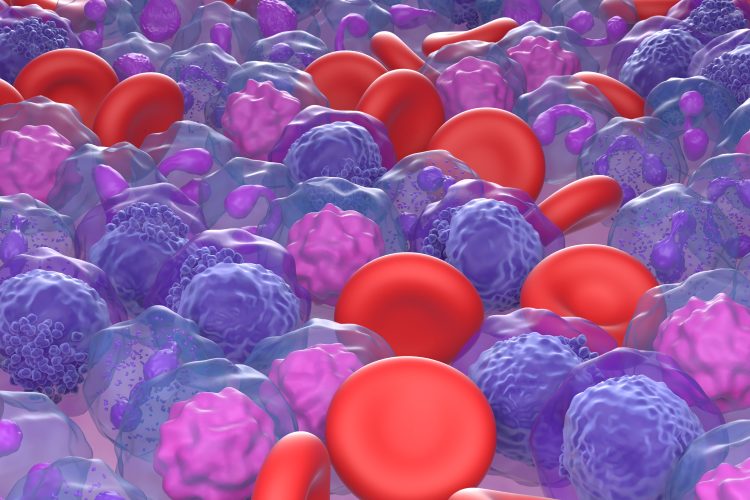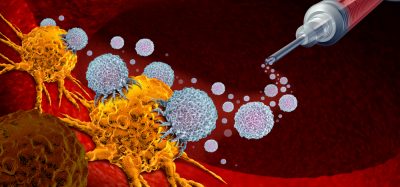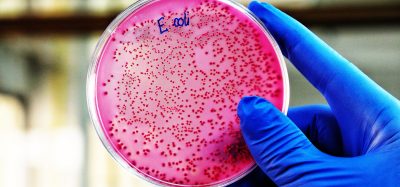Targeting RAS to overcome FLT3 AML drug resistance
Posted: 22 April 2024 | Drug Target Review | No comments yet
It was discovered that targeting RAS proteins prevent cancer cells from using different signalling pathways to escape cell death.


New research, conducted by scientists at the University of Birmingham, the Institute of Cancer Research (ICR), Newcastle University, the Princess Maxima Centre of Pediatric Oncology and the University of Virginia, has found changes in patient samples of a mutated form of acute myeloid leukaemia (AML), who relapsed after receiving FLT3 inhibitor treatment. These findings may mean that AML resistance to first line treatments can be prevented.
AML with a FLT3-ITD mutation occurs in almost 30 percent of all patients. This genetic change causes the expression of a mutant growth factor receptor which is always active, meaning cancer cells expressing it grow uncontrollably. Although FLT3 inhibitors are currently used in the clinic, patients treated with them often relapse.
Targeting RAS proteins
The team’s experiments revealed that by targeting RAS family proteins, using a small molecule inhibitor, increased signalling did not rescue the cells from cell death. The small molecule inhibitor was developed from a chemical library screen using the paratope of an inhibitory intracellular antibody by Terry Rabbitts’ team at the Weatherall Institute of Molecular Medicine University of Oxford and the ICR.
Dr Rabbitts stated: “The strength of the Antibody-derived technology approach is that intracellular antibodies can selected to essentially any protein. In turn, their specific binding sites can be employed to select chemical compounds for drug discovery against hard to drug proteins. Mutant RAS was considered undruggable, but the Abd technology facilitated the development of the RAS-binding compounds used in the current study of cancer cell re-wiring. Abd technology will allow development of a new generation of drugs to hard-to-drug and intrinsically disordered proteins.”
The AP-1 and RUNX1 transcription factors were found to be responsible for mediating drug resistance, binding to their target genes together, but only in the presence of growth factor signalling. The drugs targeting FLT3 influence the cell, leading to the upregulation of other signalling pathway associated genes, which then restored AP-1 and RUNX1 binding. Drugging RAS, which is a crucial component in many signalling pathways, stopped the restoration of RUNX1 binding, and therefore signalling from growth factors no longer rescued the cancer cells from death.
Senior author Dr Constanze Bonifer, from the Institute of Cancer and Genomic Sciences at the University of Birmingham, explained: “The pharmaceutical industry had high hopes that drugs targeting aberrant growth factor receptors such as the FLT3-ITD would prevent people from relapse. However, cancer cells are smart, and rewire their growth control machinery to use other growth factors present in the body. Targeting RAS family members prevents the cancer from rewiring and using different signalling pathways to escape cell death.”
This study was published in iScience.
Related topics
Cancer research, Drug Targets, Oncology, Protein, Small molecule
Related conditions
acute myeloid leukaemia (AML), Cancer Research








